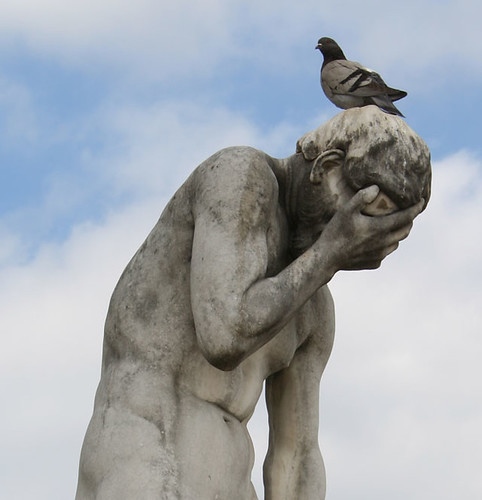It started around this time last year after I was inspired by ISTE13 and all that I had learned. I realised that I needed to get out there, be involved, and do some more learning, so I set a goal to apply to a doctoral program. But, I didn't just reach for the stars, I jettisoned myself out into educational outerspace to boldly go where I've never gone before! I decided to apply to only free doctoral programs which paid for me to study there with a student stipend. (In case you didn't know, there's about 7 in all of the United States and they are some of the most HIGHLY COMPETITIVE schools in the nation. What was I thinking?!)
I worked tirelessly to get amazing scores on my GRE (I kicked butt on the Verbal and sank like a stone in Math. Ugh!). When the scores didn't go in my favor I worked harder on my Personal Statement and response to application questions in order to wow the reviewers right past my mediocre math scores. Sadly, it didn't work and I was denied at all the schools where I applied. While sad, I was proud for putting myself out there and reaching higher than I thought I could. I was a role-model for my kids and that certainly counted. What made me sad, as I wallowed in my "second place" finish, was that I didn't know WHY I didn't get in. A little feedback would have gone a long way. However, I was not deterred and pushed forward to find another goal to achieve.
Click below to read more...





